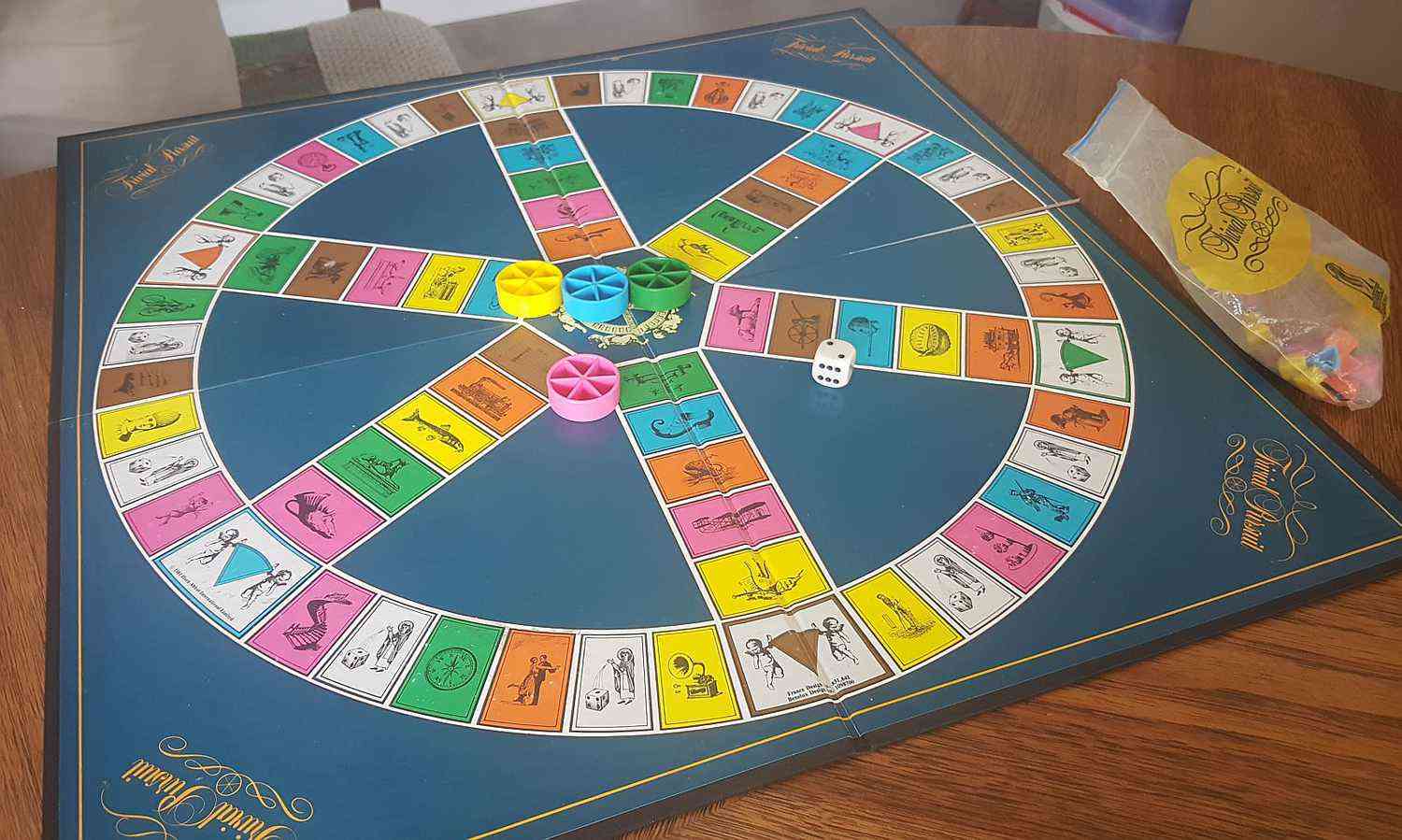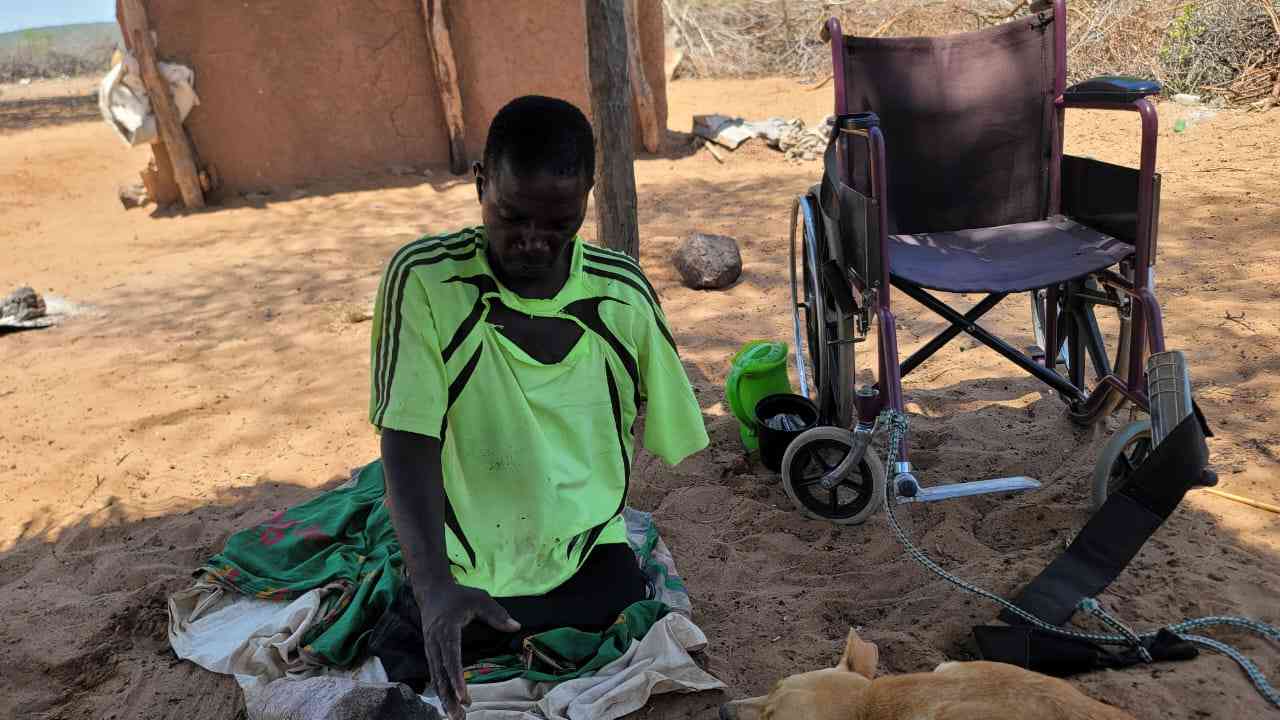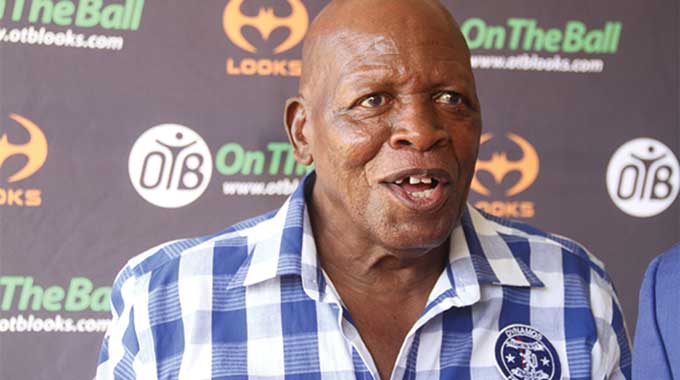
“Many a true word is said in jest”, as the saying goes. During a fun game of ‘Trivial Pursuits’ with various pupils seated on the ground around the board, plus the housemaster’s dog sleeping at the housemaster’s head (as he reclined on the floor), the teacher jokingly said the answer to one question was “Hitler” (as if!) to try to bring some humour into the occasion (as a previous correct answer had been “Hitler”).
The opponents had no idea what the answer was so, for a laugh, they gave their answer to be “Hitler”, only to be advised that it was in fact the correct answer! (As an aside, the teacher’s wife screamed in amusement on hearing that it was the correct answer which startled the dog who raised his head swiftly and gave the teacher a black eye – ‘Trivial Pursuits’ is clearly a dangerous game!) Many a true word is spoken in jest, indeed.
In Shakespeare’s play Twelfth Night, we witness a group of servants teasing their colleague, who is besotted with a lady above his rank, by making him think that she returns the feelings towards him by writing the well-known and oft-quoted lines, “Some are born great; some achieve greatness; some have greatness thrust upon them”.
While those words were spoken in jest and led to the poor man not getting a black eye but a very red face, they have over the centuries become an accepted truth in life. There are different routes to the top of the mountain.
When we consider how “Some are born great”, we might look at the children of Steffi Graf and Andre Agassi, both multiple Grand Slam tennis winners, who might epitomise the advice given by a successful coach when he was asked how a child could be successful and wittily said “Choose your parents wisely”!
Interestingly, neither of the two Agassi children chose to play tennis but do well in other sports.
The son of Tiger Woods is clearly following in his father’s footsteps too.
Then others have achieved great success in sport through hard work, not coming from a sporting family or even area, but through careful listening to advice, learning skills, practising them endlessly, driving themselves hard. Jason Robinson, who played rugby league and rugby union for England in three World Cup Finals tells how he grew up in an abusive family in an area where there was no rugby union in “gritty tough areas in Leeds”.
- Be not afraid of greatness
Keep Reading
He learned his famous side-step by running away from gang members. What he achieved was something remarkable.
As an example of someone having “greatness thrust upon them”, we might consider Stephen Donald, the fourth choice fly-Half for the All Blacks rugby team at the 2011 World Cup, who was called away from his fishing holiday when the first and second choice fly-halves were injured in early rounds, and ended up coming on as a substitute early in the final and kicked what proved to be the winning penalty. Many a sportsperson has achieved greatness through circumstance or coincidence.
The reality is, if those words are indeed true, that while some pupils are recognised as ‘great’, the very fact that the word ‘some’ is used strongly shows that others are not ‘great’ and will never be ‘great’. Some pupils, when it comes to sport, appear to be born with two left feet, cannot grasp basic skills; there will be others, many in fact, who will never achieve any form of greatness in sport, no matter how hard they may try; furthermore, others still will rarely have greatness thrust upon them as they have had no opportunity to experience or experiment in different sports.
The lines quoted above are in fact preceded by the line “Be not afraid of greatness”. It is true that some are afraid of greatness, not least because greatness involves risk (of failure, of ridicule) and responsibility as well as costing time, effort and expense. Our youngsters must not fear (and therefore not pursue) greatness but rather recognise and respect it. However, as success is achieved by so few, we need also to add the important truth that our young people should equally not be afraid of ordinariness, of not attaining any form of the world’s view of greatness.
The joke was against the one who thought he was more than he was.
This is no joke; this is no trivial matter. The goal should not be greatness, otherwise we may become the butt of our peers’ jokes, but simply to do what we can with what we have – even in ‘Trivial Pursuits’. Be not afraid of greatness; be grateful for it. But be not afraid of whatever we can do.










